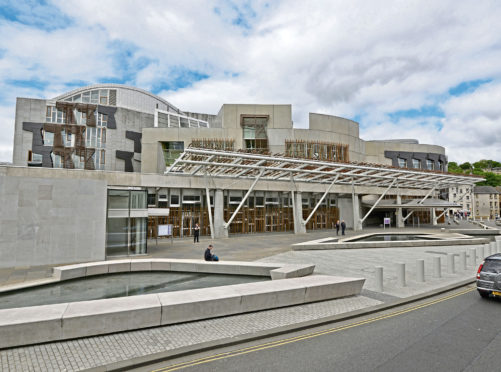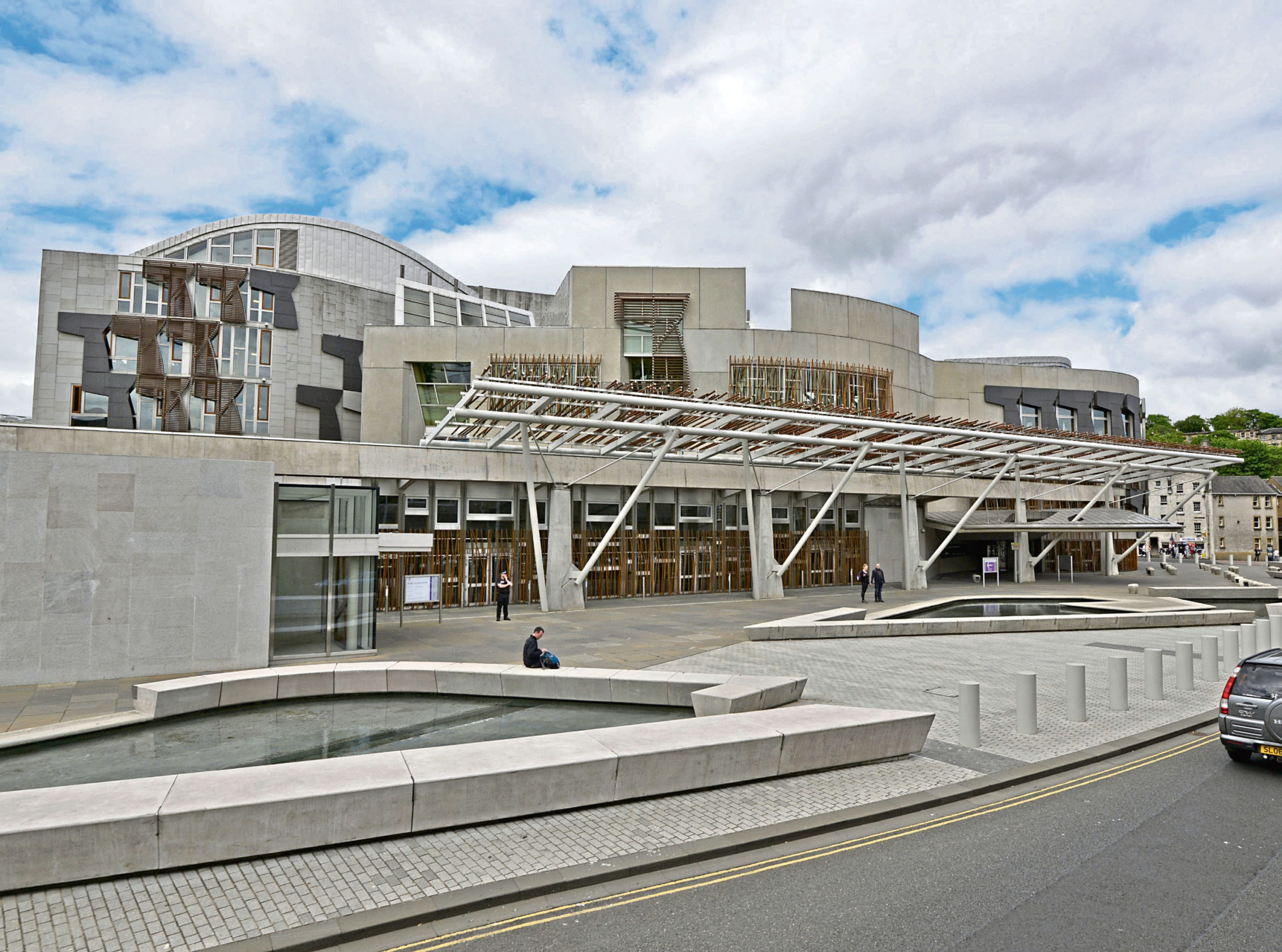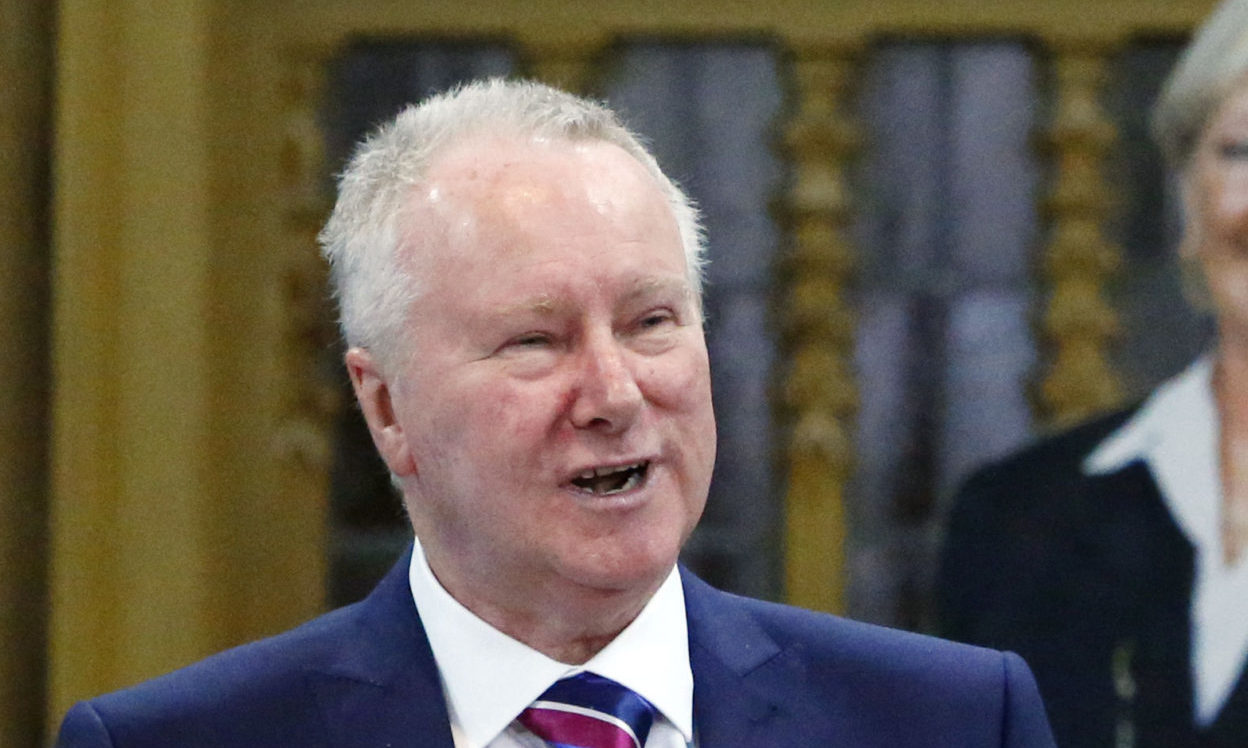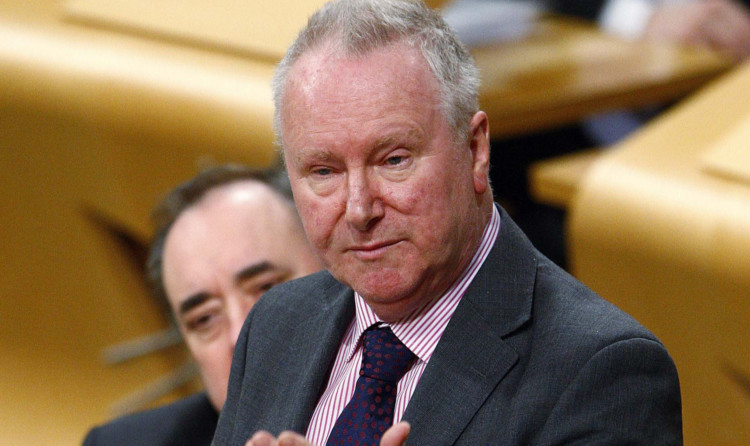In six months’ time we, the people of Scotland, will go to the polls to elect the very people and future Scottish Government who will lead our nation forward over the following five years.
However, May 2021 will see an exodus of a number of eminently qualified and capable politicians, many of whom were elected to the Scottish Parliament more than two decades ago to mark the new dawn of devolution in Scotland.
For that sole reason, I have met with and interviewed five politicians of various political stripes over the last month, each of whom I deeply respect and all of whom are leaving the Scottish political limelight for various reasons, both good and bad.
From today, and for the five Mondays of November, I will talk to some of the best political minds in Scotland about how politics as usual has forever changed.
From a former cabinet minister (see below) to a current one situated at the heart of the Scottish Government, and from a leading Scottish Conservative to a Scottish Labour MSP, we hear from those leading our country to those on opposition benches about their successes but also about tough moments of failure and regret.
Today, I share part one of a five-week series on the MSPs I believe we will miss.
Alex Neil is one of the longest-serving and, in my opinion, most principled politicians in Scotland.
But he will step down in May 2021 as one of only 25 remaining MSPs who were part of the original intake elected to the Scottish Parliament in 1999.
We meet for lunch in the elaborate-yet-empty Holyrood Hotel but independence is not on the menu.
We chew instead upon domestic matters whilst reflecting upon a decorated career that also saw him serve in the cabinets of Alex Salmond and Nicola Sturgeon.
One of the issues the Scottish Government has been taking some heat over prior to our meeting is the Hate Crime and Public Order (Scotland) Bill, which has elicited a higher response than any other piece of proposed legislation.
Commenting on it, Mr Neil says: “The biggest challenge is it was poorly drafted and is unlikely to succeed in its current form.
“It requires a total overhaul and another issue is accommodation and what protections are in place for those who choose to express strong views freely.”
Mr Neil reflects upon the legislation passed on same sex marriage in 2014, which implemented protections to ensure churches would not be penalised for refusing to deliver same sex ceremonies on the grounds of conscience or theological beliefs, and he believes this has been a mark of success.
Having himself spoken to Humza Yousaf, the cabinet secretary for Justice, about his own concerns related to the Bill, Mr Neil believes similar provisions are needed to protect genuine people from prosecution.
I ask also what he considers to be his crowning political achievement.
He shares about a concern raised whilst in his role as cabinet secretary for health about deaf children, whose ability to fully participate in life and education was significantly diminished due to a lack of access to cochlear implants.
Contrary to the wishes of some health officials, he used £8 million out of a £12 billion health budget to ensure their availability because he believed strongly in getting it right for every deaf child.
He said: “A few months later, I was sitting in a restaurant in Glasgow having lunch with a friend and a gentleman approached me who was the father of a deaf child.
“He told me that this issue had caused intolerable suffering for his young son but the new implant he managed to access made such a difference and absolutely transformed his life and he just wanted to express his gratitude on behalf of his son as well as his wider family.”
I ask finally Mr Neil what one thing he hopes the Scottish Government will make a political priority following his time in parliament.
He says: “The one thing we must focus on is poverty and particularly child poverty, which is at the root of most social problems.”
In conclusion, Mr Neil states: “Eliminating poverty will transform and lead Scotland forward.”



